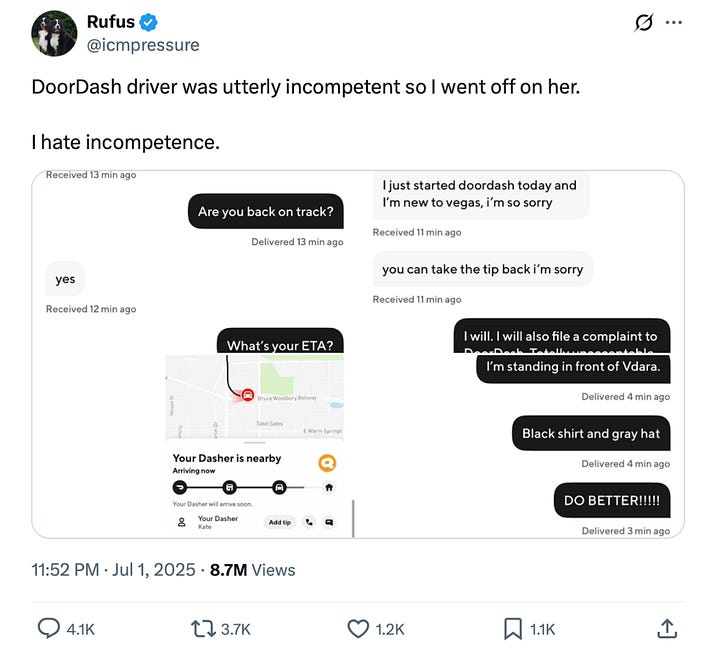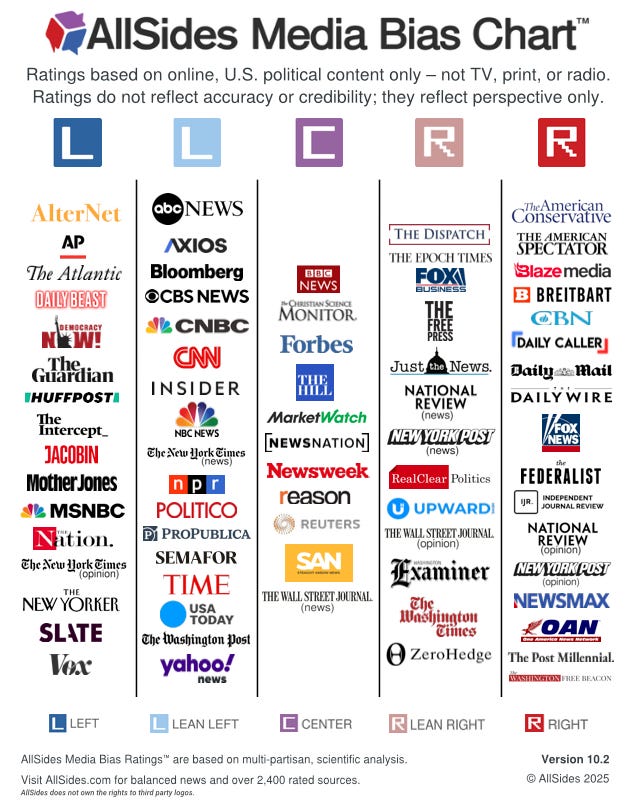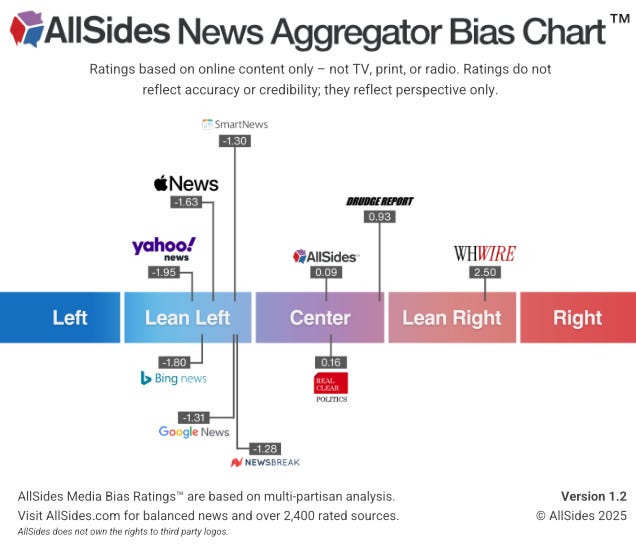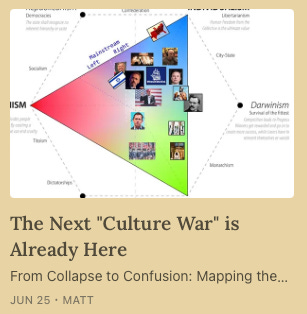How Anonymity is Destroying Discourse
"Blessed are the anonymous, for they are based and shall inherit the likes."
Anonymity is a touchy subject, especially in our increasingly digital age.
Whether we like it or not, I believe that almost all would agree that the days of interpersonal human discourse as the primary vehicle of “idea transmission” are behind us. The transition from “daily conversations” to “anonymous internet shitposting” was gradual at first, though it accelerated exponentially during the COVID lockdowns and the subsequent shifting of the political paradigm during the last election.
On the one hand, free human beings have a right to not be “doxxed” because they express an opinion that differs from that of the NPC-masses. On the other hand, when a sizable portion of the internet is occupied by nameless and faceless profiles that spew the most base insults and opinions, or flood the modern channels of discourse with algorithm-bait, it poses an entirely different issue.


No doubt, to this day, we still live in a world where ideologues (and their allies) will go out of their way to get you fired and socially-shunned for stating a “not politically correct opinion”.
(In fact, I blame much of this current “anonymity” trend on this cohort of individuals, and the GSRRM1 tactics that they used to manipulate their way into the cultural “captain’s chair” for the last decade.)
Like many things in history, what began as a righteous and necessary way to subvert an injustice (the ridiculous “woke inquisition”, in this case) has ballooned in our context into something entirely different - perhaps even ushering in an altogether new paradigm of discourse for the “Information Age”.
I’m not yet convinced that this “new paradigm” is the most effective - or helpful - way to engage in a meaningful dialogue.
“Anonymity Culture”, Over Time
When we look back at history, those who published under pseudonyms did so out of necessity (to protect themselves and their loved ones’ safety), for artistic flair, or for forcing attention to the content of the work. Many often employed anonymity for several of these reasons at once.
Søren Kierkegaard wrote anonymously to shine the spotlight on his philosophy, rather than his person, Benjamin Franklin wrote anonymously to deepen the humorous flair of the “characters” that he portrayed, and Jonathan Swift’s infamous “A Modest Proposal” addressed a real political issue with biting, but simultaneously revealing, satire.
Thus, we see that one of the primary benefits of anonymity is the ability to force readers to scrutinize and engage with the content of a piece, rather than using the creator themselves as a straw-manned diversion from the message. In this manner of usage, anonymity is an invaluable tool that furthers discourse, rather than handicaps it.
As I alluded to above, the world that we now inhabit has changed drastically over the last two decades. The mainstream institutions especially, many of which were once unequivocally considered “Centrist”, have revealed themselves to still strongly favor (and push) narratives that unashamedly propagandize on behalf of the Neo-Liberal/Neo-Conservative power bases2.


Hence, due to the modern absence of a source for truly authentic information, and the Gestapo-like defense of the dominant narrative positions, online anonymity emerged as the primary vehicle for expressing popular opinion.
True discourse, for a time in recent memory, did require a degree of concealment of one’s identity - in order to protect one’s livelihood while expressing truly-held opinions.
It’s really telling, however, that in 2025 around 75% of politically active accounts on X were anonymous3. While the website I got this stat from (PolitiFact) is itself left-biased, I’d be willing to wager that it’s actually pretty close to “on the money” based on my (and many others’) personal experiences.
It seems like nearly 90% of posts that you see nowadays on X that express anything tangentially related to policy or social issues are now anonymous. Furthermore, the rising prevalence of “faceless YouTube channels” demonstrates an increasing desire to create anonymously on other platforms as well.
This is much more so the case with Conservative content, which is why it concerns me. Here’s why:
Things that originate “in the dark” develop the ability - or rather, the need - to remain there for its life-force. Unlike most of the Leftist positions that are spouted openly and shame-free on mediums like The New York Times, MSNBC or The Washington Post, many positions held by Conservatives are actually rather logical common sense, and often held by large (and truly diverse) groups of people. To force such opinions to remain in the dark is, in a way, a form of admitting “defeat by omission”.
Why not instead put respectable and upstanding faces to the ideas that many clearly agree with? Instead, many continue in anonymity, adding ammunition to one of the most tiresome Conservative criticisms, namely that “Online incels and trolls” are the bulk of Conservative Americans.
What began as a largely-political phenomenon in the 2010s has now spread much more widely, with less-than-positive effects. What once protected intellectually-nuanced dissent has now been commandeered for engagement farming.
The Slop Industrial Complex
It’s no secret that you can make a stupendous amount of money by creating content online. In fact, it seems like content creation is the new “Gold Rush” whereby one can become wealthy overnight, simply by making videos and posts that generate lots of traffic. Such content need not even be high quality, per se.
The surge in “online anonymity”, fueled as it was by politics, implicitly taught many that one simply needed to first create a raunchy pseudonym, and then you can say or do virtually whatever you want without fear of reprisal. When you pair this strategy with the other notion that the “Raw generation of traffic = $$$”, then you are incentivizing the mass-production of whatever “gets the clicks”.
Thus, the anonymous “truth tellers” of yesteryear walked so that the “1997 Ford Fiesta” of today can run.
Are many of their posts funny? Yes. Do I sometimes even repost them? Yes, again.
Despite this, I must admit that this form of discourse - one that “memes” everything and opts for subversion rather than intellectual engagement - is fundamentally degenerative to our ability to think and reason for ourselves. Let AI advance for a few more months, and you have a complete inversion of the necessity of things such as “intelligence”, “skill” and “taste” altogether.
Closing Thoughts
Love them or hate them, agree or disagree with them, but you have to respect the Nassim Nicholas Taleb(s) and Braxton McCoy(s) of the world who put their own “skin in the game” for their beliefs. They say what they think, and then they are willing (and able) to defend their opinion when the attackers come; honorable, even though you might not necessarily agree with them on every issue. Such people apply true pressure to those who have the ability to enact change, rather than merely raking-in likes.
Contrast this with those who anonymously post ignorant comments merely for the sake of inciting a “rush”, an avalanche of lizard-brained engagement from the stoking of conflict. They make money off of your outrage, and/or steal from you the hours you spend scrolling to find the next “poast” that extracts a mere chuckle - all at zero cost to themselves.
It is these types of communication that this is directed at.
If one doesn’t feel confident in the validity of their opinion such that they can confidently express it in a civilized manner among their family, close friends or immediate “circle of influence”, then I would wager that it’s innately cowardly to do so from the confines of one’s bedroom under an X-handle like “TurkeySandwich69”.
Truly impactful ideas warrant respect, and sometimes do warrant a degree of anonymity to protect one’s loved ones and livelihood, but we are fooling ourselves if we believe that this can continue indefinitely in its current state without acknowledging what it is becoming.
MDM
GSRRM is “The Female (herd) competitive strategy [of] circumventing argument by use of undermining, “poisoning the well”, and/or reputation destruction by use of (G)ossiping (S)haming, (R)allying, (R)idicule, (M)oralizing, (P)sychologizing, (U)ndermining, (R)eputation destruction, and solving for (F)ace or consent. Contrast this with the Male (pack) strategy of seeking factual argument and solving for truth regardless of face or consent. In other words, feminine “feels” using rejection or approval, while the masculine “reals” via ‘truth vs. falsehood’.”
Curt Doolittle, The Natural Law Institute
(https://naturallawinstitute.com/2019/02/definition-gsrm-or-gsrrm/)
I go into a lot more detail on this topic in this essay of mine:
Linvill, D. (2025, March 31). Anonymous X account shares falsehoods to Elon Musk, top US officials. PolitiFact. Retrieved from PolitiFact website
https://www.politifact.com/article/2025/mar/31/anonymous-x-account-shares-falsehoods-to-elon-musk/


